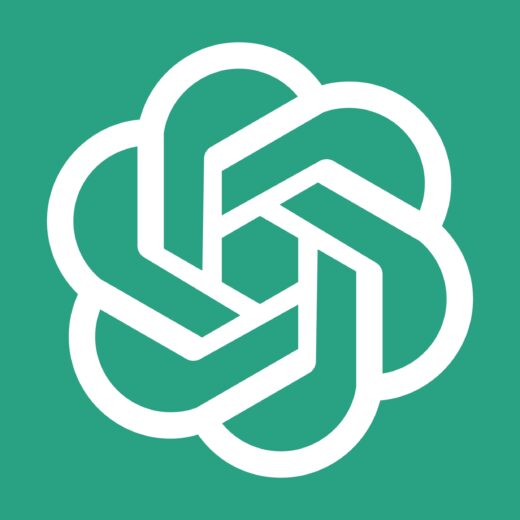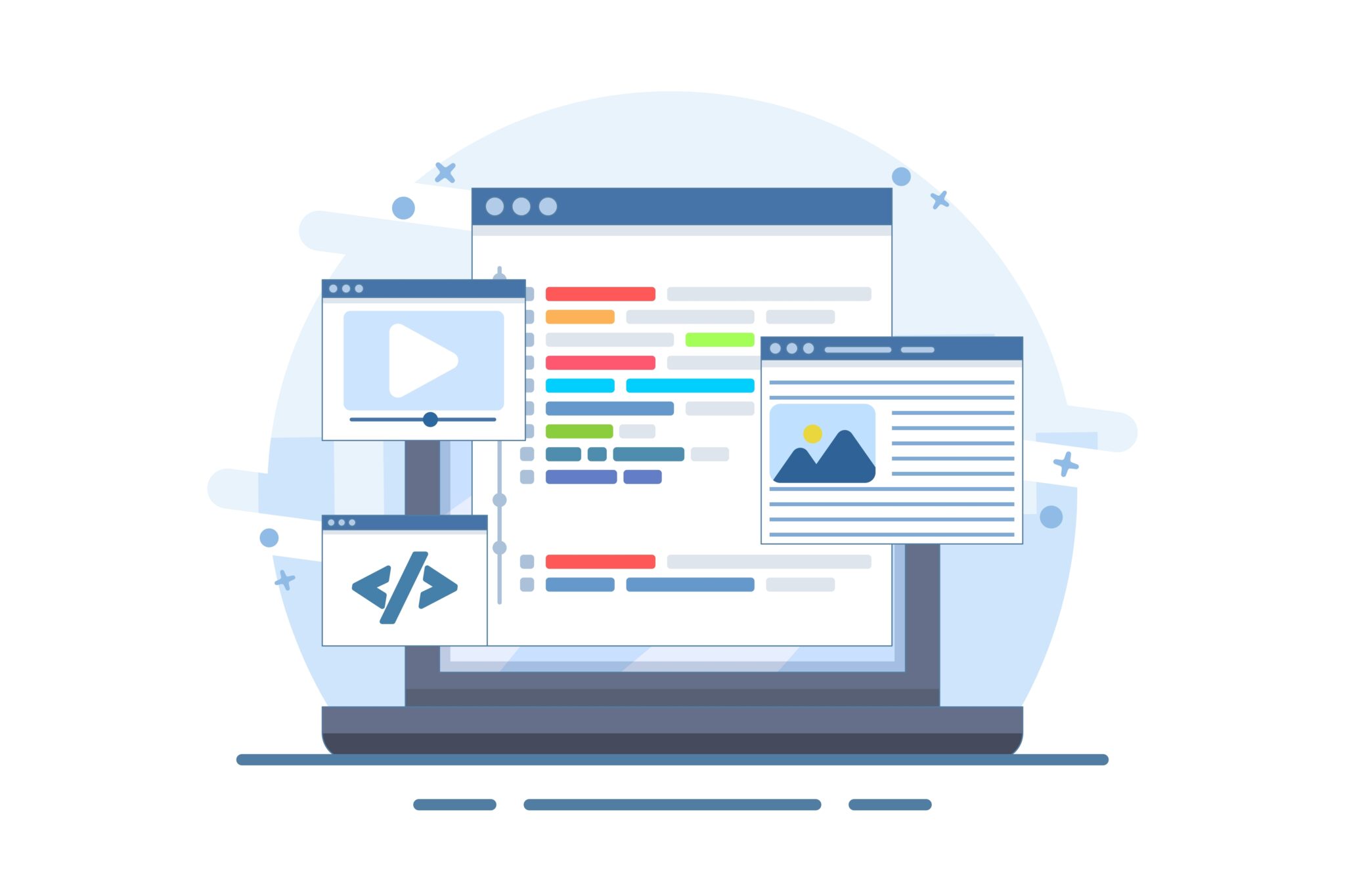OpenAI Launches ChatGPT Atlas: A Bold New Take on Web Browsing

In a move that could redefine how people interact with the internet, OpenAI has unveiled ChatGPT Atlas, an artificial intelligence–powered web browser designed to challenge giants like Google Chrome and Microsoft Edge. Atlas is being touted as the first browser “built around ChatGPT,” reflecting OpenAI’s broader ambition to make conversational AI the centrepiece of everyday online experiences.
A Browser Without an Address Bar
Atlas breaks away from decades of convention by removing the address bar, a feature synonymous with web navigation. Instead, users interact with the browser through ChatGPT itself, asking questions, seeking recommendations, and initiating tasks through conversation rather than typing URLs.
Sam Altman, OpenAI’s CEO, described the browser as a product “built around ChatGPT,” signalling a fundamental shift from traditional browsing toward AI-assisted discovery and automation. The browser launched this week on Apple’s macOS, with wider availability expected soon.
The Rise of the AI-Powered Web
Atlas is part of OpenAI’s push to monetise its growing AI ecosystem, following its meteoric rise in popularity. The company recently announced 800 million weekly active ChatGPT users, double the number reported earlier this year.
A standout feature of Atlas is its “Agent Mode”, available to paying ChatGPT subscribers. This mode allows the AI to search autonomously, using the browsing context to fetch information, compare options, and streamline results. In essence, users can delegate entire tasks, like planning a trip, researching a purchase, or summarising articles, to the chatbot.
This functionality reflects OpenAI’s long-term vision: to turn ChatGPT into a personal digital assistant that not only answers questions but also takes action on the user’s behalf.
Building an AI-Centric Ecosystem
OpenAI has been rapidly expanding partnerships to integrate ChatGPT into popular online services. Recent collaborations include Etsy and Shopify in e-commerce, and Expedia and Booking.com in travel. These integrations could allow users to browse products, compare prices, or book hotels, all through natural conversation.
The introduction of Atlas strengthens this ecosystem, serving as a central hub for AI-driven browsing and commerce.
The Competitive Landscape
While Atlas’s vision is bold, industry analysts remain cautious. Pat Moorhead, CEO of Moor Insights & Strategy, noted that while early adopters are likely to “kick the tyres,” mainstream and enterprise users may hesitate to abandon familiar browsers like Chrome or Edge.
Microsoft Edge, which already integrates OpenAI’s technology, offers similar AI-assisted features, giving it a head start with corporate and productivity-focused users.
Meanwhile, Google faces increasing scrutiny over its search monopoly, with regulators recently declaring it an illegal monopolist in online search. Yet, the company continues to invest heavily in AI, weaving generative responses into its search engine to maintain dominance.
AI Is Redefining How We Search
The rise of large language models (LLMs) like ChatGPT is transforming how people access information online. According to research firm Datos, nearly 6% of desktop searches now flow through LLMs, double the figure from a year ago. As AI-driven interactions become more intuitive and capable, traditional search engines may find themselves under increasing pressure.
A Glimpse of the Future
ChatGPT Atlas represents more than just a new browser, it’s a preview of an AI-first internet, where natural language replaces search bars and clicks. For users, it promises a more seamless, conversational experience. For OpenAI, it marks a strategic leap toward embedding its technology deeper into daily digital life.
Whether Atlas can dethrone established browsers remains to be seen, but one thing is clear: the age of AI-driven browsing has officially begun.
If you have any questions about the rise of AI could be impacting your school or business’ visibility online, please don’t hesitate to get in touch.







